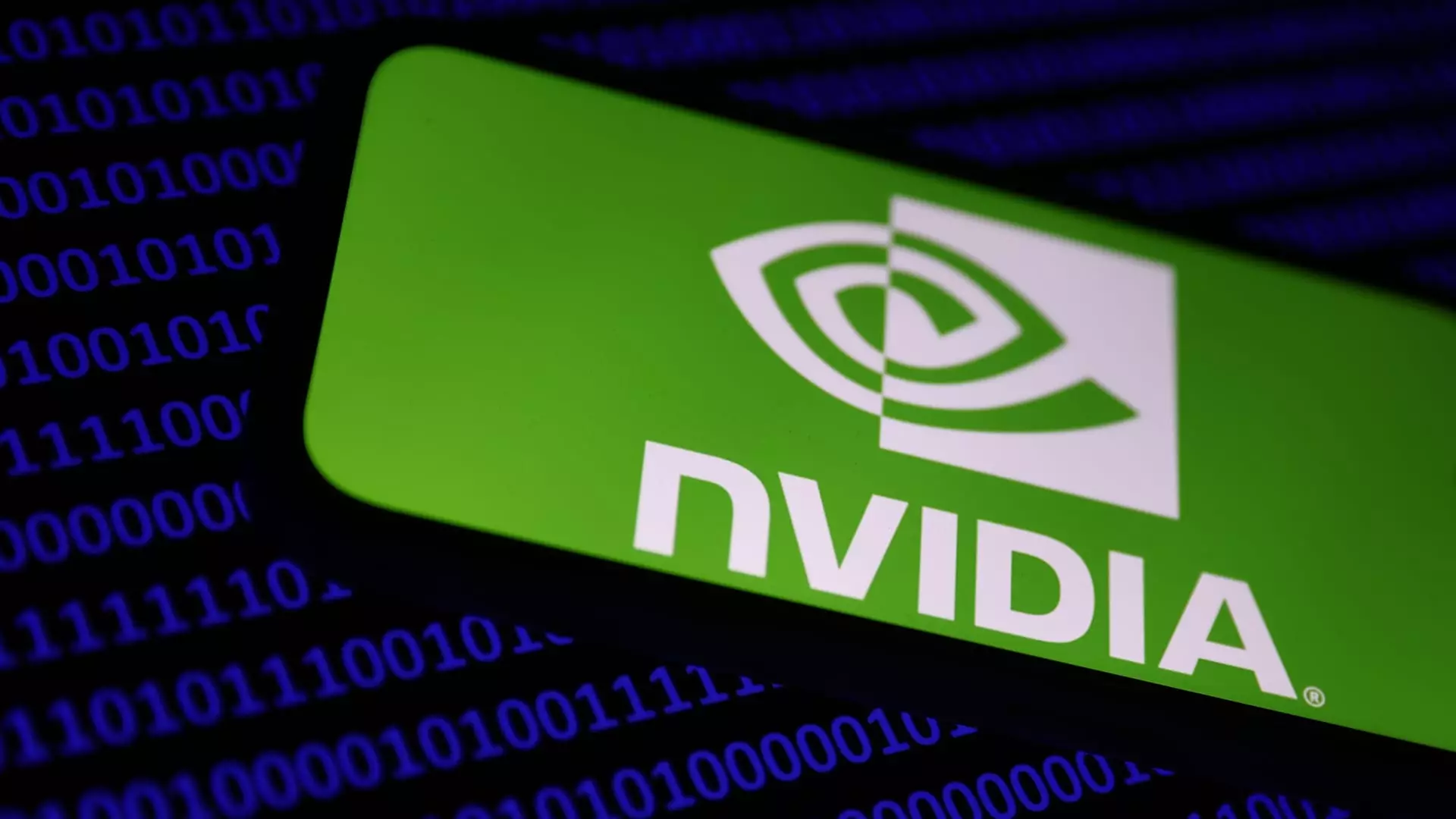Saudi Arabia is poised at the brink of a technological revolution, underscored by its aspirations to establish a robust artificial intelligence (AI) ecosystem within the kingdom. With strategic ambitions set forth in its Vision 2030 initiative, the kingdom is focusing on fostering economic development and diversification away from its traditional petroleum reliance. A pivotal element in this quest for digital evolution is its desire to access high-performance chips, particularly those manufactured by Nvidia. However, current geopolitical and regulatory barriers bring forth a complex narrative of hope and caution.
Abdulrahman Tariq Habib, the Deputy CEO of the Saudi Data and AI Authority (SDAIA), recently shared insights about the kingdom’s imminent expectations regarding access to Nvidia’s advanced chips, specifically the Nvidia H200s, which are integral to cutting-edge AI frameworks like OpenAI’s GPT-4o. Habib expressed optimism about the timeline for acquiring these chips, stating that he believes access could be secured within the next year. This unlocks potential avenues for Saudi Arabia to enhance its computational capabilities, thereby fostering innovation and development in AI technologies.
Having access to such chips not only enhances Saudi Arabia’s ability to build sophisticated AI models but also facilitates smoother business interactions with the United States. The importance of these chips transcends mere computational power; it encompasses the broader context of human resource development and data infrastructure that the kingdom has been steadfastly working towards over the past few years. While the kingdom’s ambitions are commendable, the reliance on foreign technology raises questions about long-term sovereignty within the technological landscape.
The SDAIA has set an ambitious target: to have AI contribute 12% to the national gross domestic product (GDP) by 2030. This objective reflects Saudi Arabia’s intent to position itself as a leader in the AI sector, attracting significant investments in this transformative technology. The kingdom’s Public Investment Fund (PIF) is expected to be central in this endeavor, with plans to create a $40 billion fund targeting AI, in partnership with American venture capital firms like Andreessen Horowitz.
This substantial financial commitment indicates a strategic pivot toward becoming a knowledge-driven economy, which is crucial for mitigating vulnerability associated with oil dependency. Nevertheless, as the kingdom invests heavily, it must ensure that these funds are used not just for superficial technological upgrades but for fostering genuine innovation, education, and a skilled workforce capable of realizing Vision 2030’s objectives.
Despite Saudi Arabia’s ambitious goals, it faces significant hurdles due to U.S. export controls that were instituted as a measure to prevent advanced technologies from falling into the hands of adversaries, particularly China. As it stands, these restrictions complicate the kingdom’s efforts to acquire state-of-the-art chips, reflecting broader national security concerns from the Biden administration, which has imposed stringent measures on chip exports to countries in the Middle East.
The U.S. government’s heightened scrutiny stems not only from ongoing geopolitical tensions but also from Saudi Arabia’s burgeoning relationship with China—a nation that has become its largest trading partner. The kingdom’s cross-continental partnerships introduce a balancing act; it must navigate its relations with both the United States and China, ensuring that its strategic interests do not jeopardize vital technological partnerships with either power.
As Saudi Arabia advances toward its AI ambitions, questions surrounding technological sovereignty and strategic partnerships will inevitably rise. The kingdom is reportedly making concerted efforts to align its policies to meet U.S. security concerns while keeping avenues open for collaboration with China should access to American technology be impeded.
Ultimately, Saudi Arabia’s aspirations to cultivate a technologically powerful AI sector hinge upon its ability to secure necessary resources, including high-performance chips. The results of these negotiations could significantly influence not just the future of technology within the kingdom, but also its position on the global geopolitical chessboard. Successfully navigating these challenges will determine whether Saudi Arabia’s vision for an AI-driven economy becomes a reality or remains a distant aspiration.
While Saudi Arabia’s ambitions in the realm of artificial intelligence are commendable, the complexities of international relations, national security concerns, and the need for investment in domestic capability present both opportunities and challenges that the kingdom must address to achieve its transformative goals.


Leave a Reply
You must be logged in to post a comment.